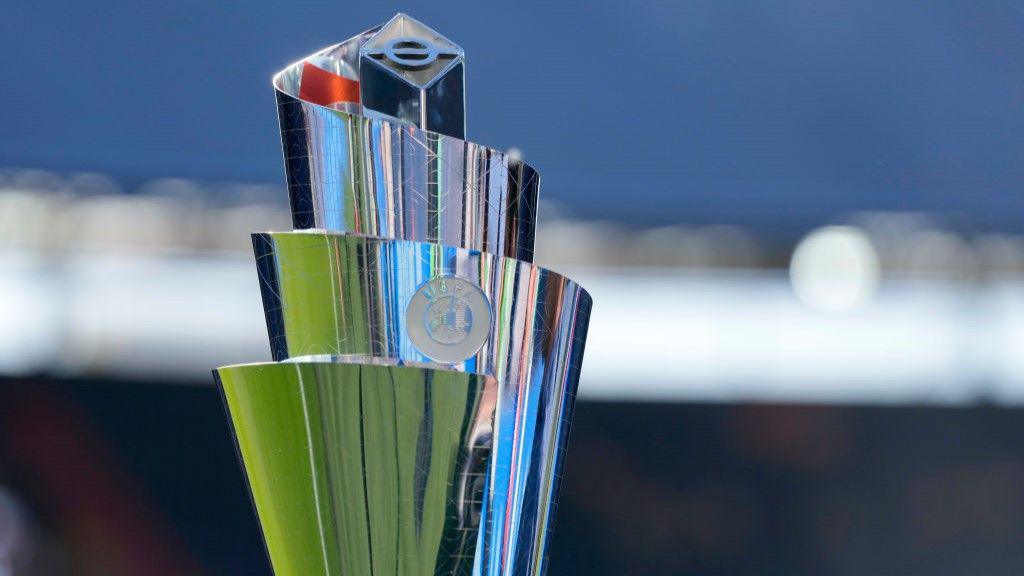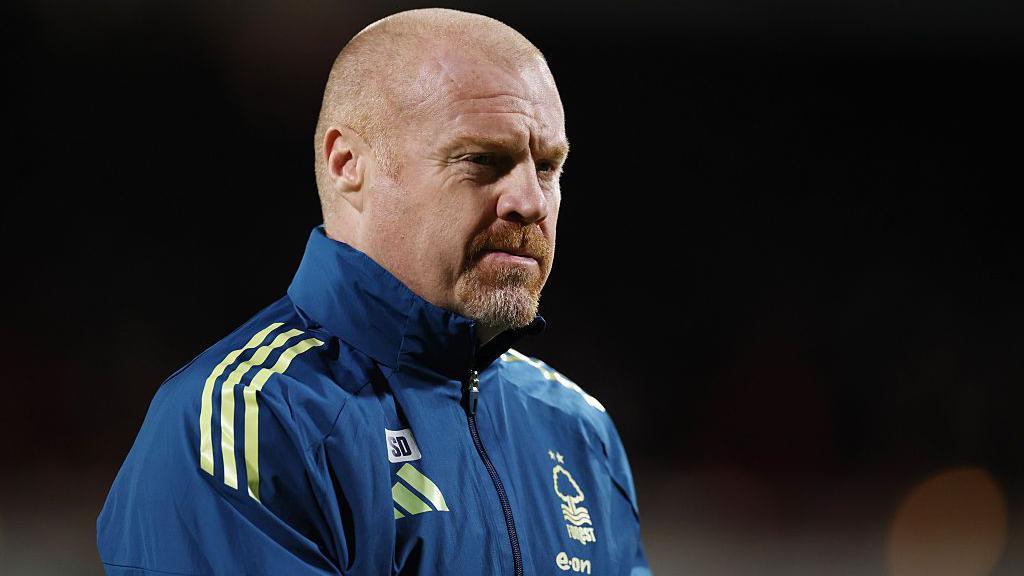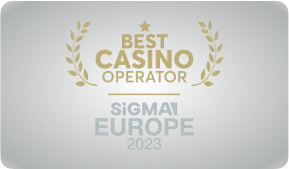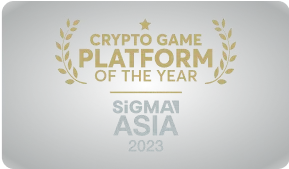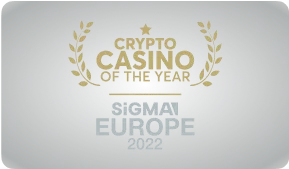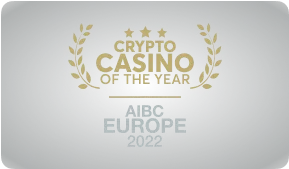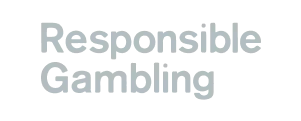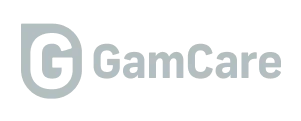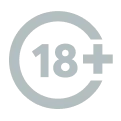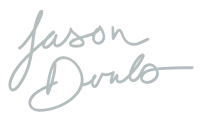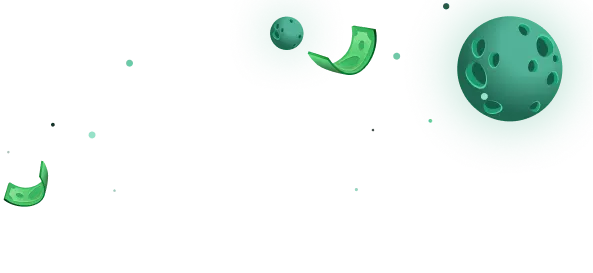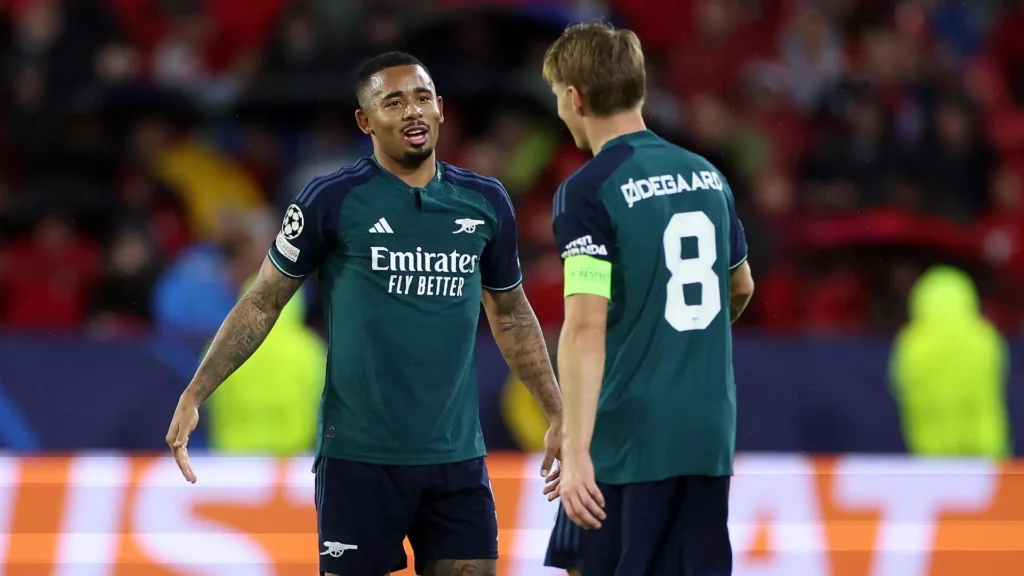
In a Champions League group stage match filled with expectations but low on stakes, Arsenal, led by Mikel Arteta, faced PSV Eindhoven in what turned out to be a spectacle that had its moments of brilliance. The match, while not crucial in terms of the tournament’s progression, was an opportunity for both teams to showcase their depth and talent.
The Context of the Match
The game, held at the tail end of the Champions League group stage, saw both Arsenal and PSV having already secured their spots in the last 16. Arsenal, comfortable at the group’s summit, was looking to conclude with a win, while PSV aimed to continue their impressive home record.
Factors Shaping the Game
- Arsenal’s Position: Already secured as group leaders.
- PSV’s Home Record: Boasting an almost two-year undefeated streak at home.
Mikel Arteta’s Strategy and Youth Policy
One talking point of the match was Arteta’s decision to keep promising young players like Ethan Nwaneri, Reuell Walters, and Lino Sousa benched. Many expected this ‘dead rubber’ match to be an opportunity for these youngsters to gain valuable experience. However, Arteta, focused on winning, chose experience over experimentation.
Arteta’s Decisions
- Youth on the Bench: Opted not to use young talents despite the low stakes.
- Focus on Victory: Prioritized securing a win even in a non-consequential match.
Use of Experienced Players: Relied on seasoned players to maintain control.
The Match Highlights
The match itself, while lacking the usual high stakes of Champions League play, offered moments of quality football. PSV, known for their offensive prowess, and Arsenal, with their balanced approach, made for an engaging contest.
Key Moments
- Arsenal’s Dominance: Showcased a more controlled approach to the game.
- PSV’s Threat: Offered serious challenges through their attacking plays.
- Late Chances: Both teams had opportunities to change the game’s outcome in the final moments.
Standout Performances
The game saw some remarkable performances from both sides. Arsenal’s Eddie Nketiah’s striking capability was on full display, while PSV’s right-winger Johan Bakayoko shone, drawing interest from clubs like Brentford. Declan Rice’s half-hour stint at center-back for Arsenal was a notable experiment by Arteta.
Performers of the Match
- Eddie Nketiah: Scored a fine goal, showcasing his striking skills.
- Johan Bakayoko: Impressed with his skillful play on the right wing.
- Declan Rice: Adapted well to a temporary role in defense.
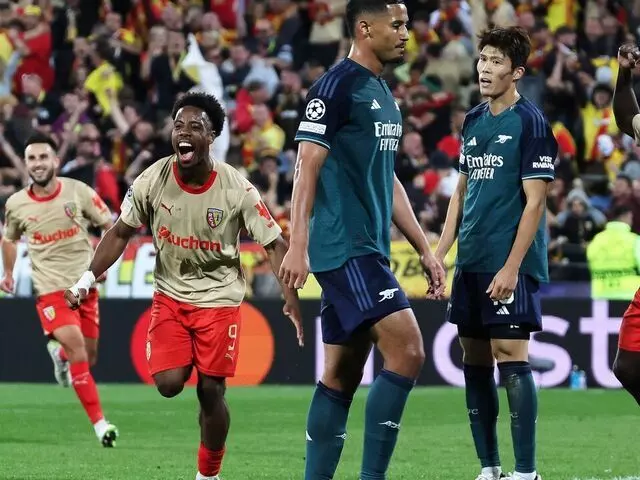
The Game’s Outcome and Arsenal’s Tactical Approach
Despite not being a high-intensity match, Arsenal’s approach was calculated and focused. The team played with a balance of attack and defense, aiming to end the group stage on a high note. PSV, while unable to replicate their previous season’s victory in the Europa League against Arsenal, matched the Gunners in terms of gameplay.
- Controlled Attack: Maintained a steady offensive presence.
- Defensive Stability: Managed to keep PSV’s attackers mostly at bay.
- Tactical Discipline: Showed Arteta’s focus on maintaining structure and control.
The Aftermath: Reflections and Future Outlook
Post-match, Arteta reflected on Arsenal’s overall performance in the Champions League group stage. He expressed satisfaction with how the team, lacking extensive experience in the competition, competed effectively. The focus now shifts to their next European engagement in February, which promises to be a step-up in intensity and importance.
Conclusion
Arsenal’s game against PSV might not have had the usual Champions League fervor, but it was a testament to the team’s depth and Arteta’s tactical acumen. The match provided a glimpse of Arsenal’s potential in the European arena and set the stage for their upcoming challenges in the knockout rounds. For PSV, the match was a display of their home strength and attacking flair, which will undoubtedly serve them well in their future European endeavors. As both teams move forward, their performances in this match offer valuable insights into their respective strengths and areas for improvement.

